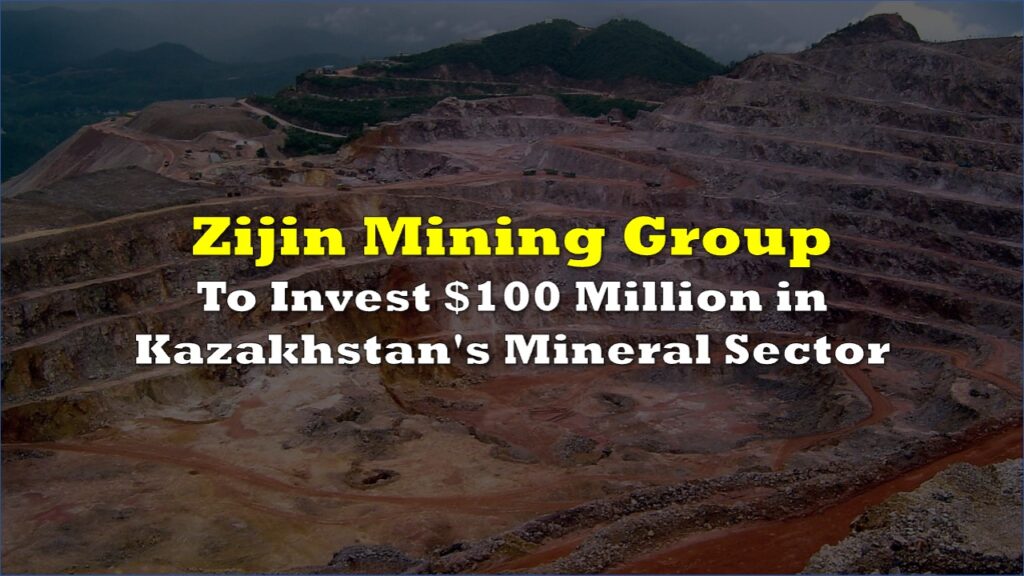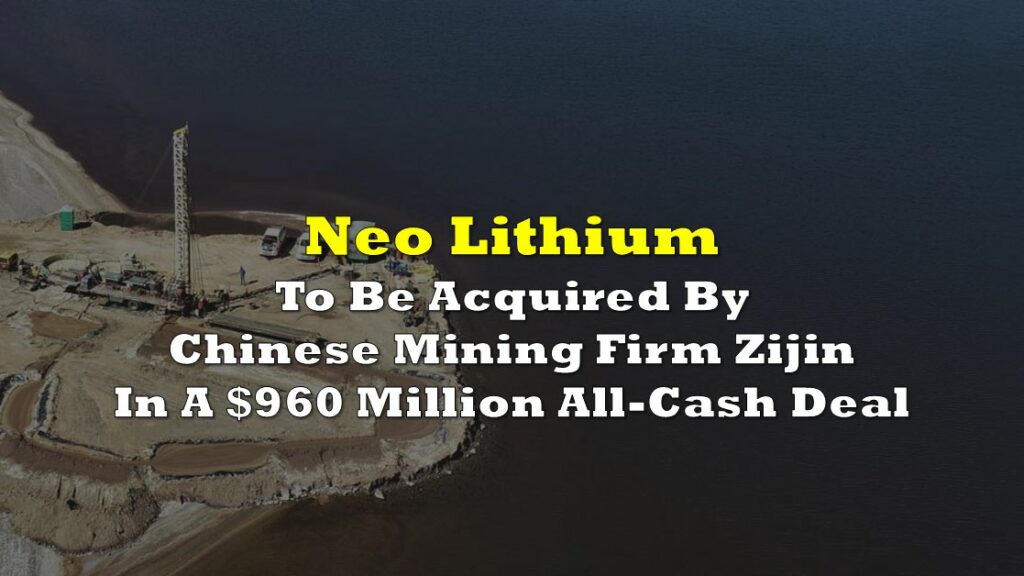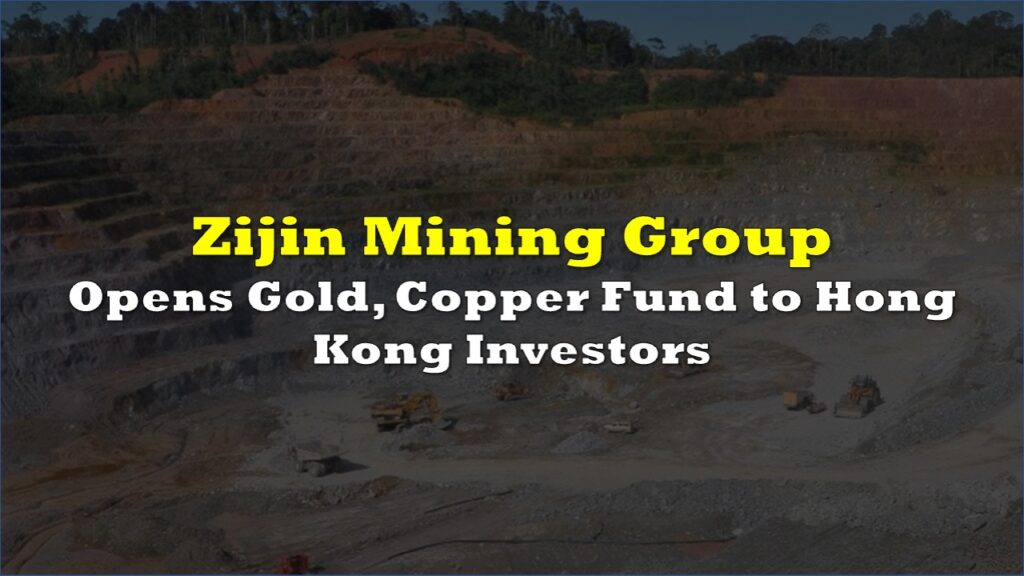Chinese mining firm Zijin Mining Group is undeterred by Canada’s ongoing efforts to limit foreign investments in its mining sector. Despite increasing scrutiny and regulatory hurdles aimed at curbing China’s influence over critical mineral supply chains, the company remains committed to seeking new investments in Canadian mining, according to Shaoyang Shen, Zijin’s vice president.
In a statement given at the Denver Gold Group’s annual conference in Colorado, Shen emphasized Zijin’s determination to maintain a foothold in the Canadian market, particularly with junior exploration firms.
“Canada has some of the best mineral exploration companies in the world,” he said. “As world leaders, I believe it’s in our best interests to work together.”
These remarks come amidst a tense climate between the Canadian government and foreign state-owned enterprises, especially those based in China. Over the past two years, Prime Minister Justin Trudeau’s administration has introduced a series of rules intended to limit foreign ownership in Canada’s mining sector, particularly in companies that produce critical minerals—an industry central to the global clean energy transition.
Canada’s regulatory crackdown
In an effort to reduce reliance on China for critical minerals such as lithium, copper, cobalt, and nickel, the Canadian government has enacted a stricter regulatory framework. This comes as part of broader initiatives by Western nations to secure domestic supply chains for minerals necessary in the production of electric vehicles, solar panels, wind turbines, and other green technologies.
Canada and the United States, in particular, have aimed to foster alliances with non-Chinese partners to secure these resources.
The crackdown on Chinese investment is largely seen as a response to China’s dominance in the critical minerals market. According to the International Energy Agency, China controls nearly 60% of the world’s lithium processing and is a leading player in cobalt and nickel markets—resources vital for the production of electric vehicle batteries.
Trudeau’s measures have particularly targeted state-owned enterprises like Zijin. In March 2023, Canada’s Ministry of Innovation, Science and Economic Development blocked a $200 million deal that would have given Zijin a 15% stake in Vancouver-based Solaris Resources, a mining company that holds a copper project in Ecuador. The Canadian government cited national security concerns and its desire to protect Canada’s critical mineral assets from foreign control.
Zijin’s plans to acquire a gold mine in Peru from Pan American Silver Corp. also faced regulatory delays, illustrating the extent of Canada’s growing wariness of foreign acquisitions by Chinese firms.
Chinese Investment in Canadian mining firms
Despite the tightening regulations, Canadian junior mining firms, which often struggle to raise capital domestically for risky exploration projects, continue to seek out Chinese investment. Chinese state-backed companies like Zijin have been critical in providing financial backing for early-stage mining ventures that are frequently overlooked by Western investors due to high risks and long timelines for profitability.
For these small firms, Chinese capital has filled an essential gap, helping them explore and develop mineral resources needed for the global energy transition.
“It is our view—and I think most of our peers here agree—that market-based transactions without political interference have benefited all parties and contributed to better projects for resource development,” Shen said during the Denver conference.
Shen’s remarks are aligned with previous comments made by China’s ambassador to Canada, Cong Peiwu, who earlier this year called Canada’s policies “unfortunate” and “wrong.” According to Cong, the Chinese government believes that global partnerships—especially those not marred by political intervention—are key to fostering successful resource development and meeting the demands of an evolving clean energy economy.
Canada’s tightening stance on Chinese investments comes as critical minerals become increasingly geopolitically important. The global energy transition, driven by commitments to reduce carbon emissions and phase out fossil fuels, has sharply increased the demand for minerals like lithium and nickel. Electric vehicle batteries, in particular, require a reliable and abundant supply of these metals, making control over mineral production a matter of strategic importance.
While China currently holds a dominant position in the processing and refining of many of these minerals, Western nations, including the U.S. and members of the European Union, are working to diversify supply chains. Canada, with its vast mineral wealth, is considered a crucial player in this shift.
However, experts have pointed out that the race to secure critical minerals poses its own challenges. According to a 2023 report by the International Institute for Sustainable Development, while Western governments are increasingly focusing on reducing dependence on China, they may inadvertently limit investment in mining exploration by placing barriers on foreign capital.
Information for this briefing was found via Mining.com and the sources mentioned. The author has no securities or affiliations related to this organization. Not a recommendation to buy or sell. Always do additional research and consult a professional before purchasing a security. The author holds no licenses.









